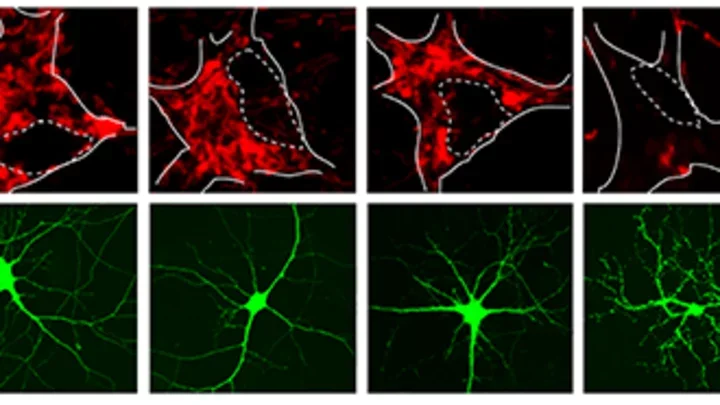A Startling Discovery for Parkinson's Disease
A Startling Discovery For Parkinson's Disease
Dr. Ming Guo is a neurologist, who treats patients, and research scientist studying how neurodegenerative diseases like Parkinson’s disease disrupt normal brain function and ultimately destroy neurons. As we live longer, more of us will suffer from neurodegenerative diseases. This has enormous consequences for individuals, families and our society. "The brain is the essence of our humanity," Dr. Guo, says. "We are who we are because of our memory, the way we communicate, the way we move, the things we like or don't like, our social interactions. To be deprived of that is devastating for both the patients and their loved ones. These are diseases that dehumanize people. You lose yourself."
Dr. Guo, has long been puzzled by the variety of symptoms and disease trajectories she sees in patients with Parkinson's disease. Years ago, she began looking at the cells of patients with Parkinson's disease as well as models of the disease in a fruit fly called Drosophila melanogaster. Fruit flies make excellent models for studying human disease because about 60 percent of human disease genes have a strikingly similar form of them in fruit flies. By studying some of the genes linked to Parkinson's Disease in fruit flies, Dr. Guo has discovered how they work.
“ The brain is the essence of our humanity. We are who we are because of our memory, the way we communicate, the way we move, the things we like or don't like, our social interactions. ”
A Startling Discovery
Dr. Guo’s research group made a startling discovery while studying the cellular mechanisms underlying Parkinson's disease in fruit flies. They demonstrated that PINK1 and PARKIN, two genes responsible for familial forms of Parkinson’s disease, work together to control the quality of structures within cells called mitochondria. Mitochondria are the engines that power cells. "As we age and have certain damage in our bodies, the quality of mitochondria will decline," she explains. "That is one part of the aging process. These two genes affect that process."
"There are multiple forms of Parkinson's disease," Dr. Guo says. "Our work suggests that one form is related to mitrochondria and there are other forms related to some other cellular processes. Looking at abnormal genes is the best way to address that. In the future, with personalized medicine, one can envision testing whether a patient has a mitrochondrial abnormality or another cellular abnormality so you can give patients a drug to optimize the therapy but reduce the toxicity and side effects.
"The research has other important clinical implications. Understanding mitochondria and its dynamic functions could lead to improved therapies for a wide variety of diseases, including heart disease, cancer and diabetes. Mitochondria are present in every type of human cell except red blood cells. However, for Dr. Guo, an immediate goal is to investigate whether improving mitochondrial quality may lead to effective treatment for Parkinson's disease.

